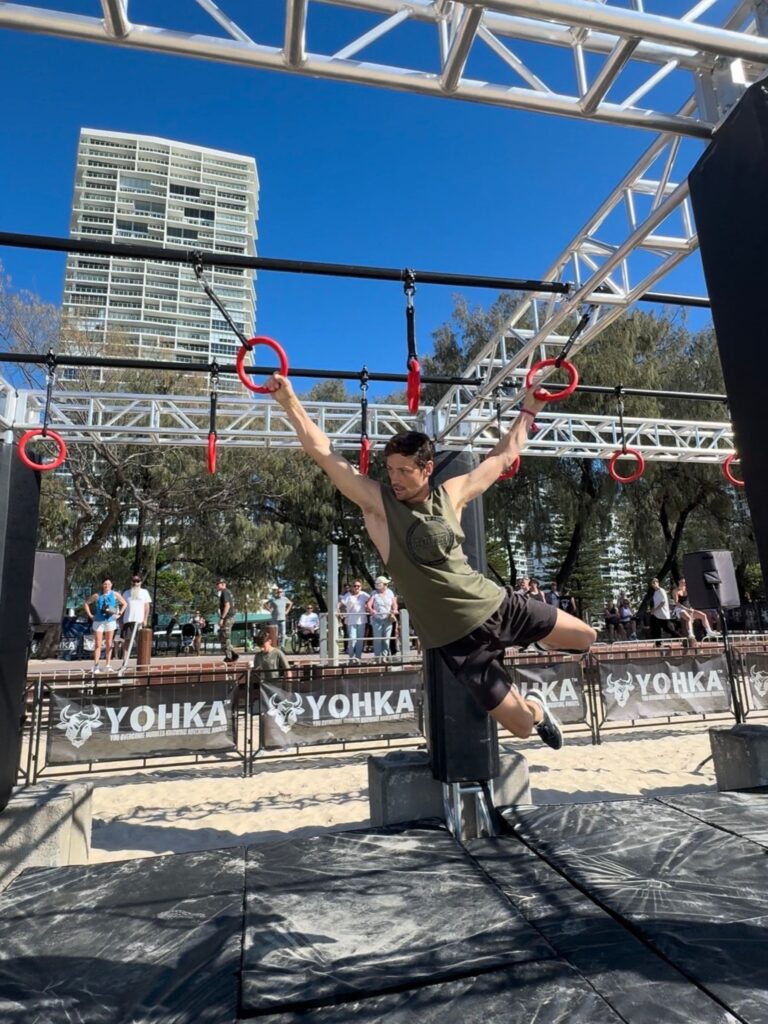We all know you’re supposed to get 150 minutes of moderate to vigorous exercise a week to maintain your health and fitness, right? Right. But could that be setting the bar too low? Science is shifting to a position that 30 minutes of exercise five times per week may not be enough to alter fitness levels, especially if you spend the rest of your day holding down couch springs. As a recent study by Columbia University concluded, it’s what you do across the
entirety of the hours you’re awake that really counts.
The Columbia study found light physical activities, such as housework, making a cup of coffee or a leisurely stroll to the post box just two blocks away, have a significant impact on your fitness. So much so that, engaged in often enough, they can be a substitute for a more intense gym workout, or at least a worthwhile adjunct to it.
“For decades, we’ve been telling people that the way to stay healthy is to get at least 30 minutes of exercise five days a week,” says Dr Keith Diaz, assistant professor of behavioural medicine at Columbia University. “But even if you’re one of the few adults who can stick to this advice, 30 minutes represents just two per cent of your entire day. Is it really possible that our activity habits for just two per cent of the day is all that matters when it comes to health?”
Good question, doc. The answer is no. Using data from six studies that included more than 130,000 adults in the UK, US and Sweden, the researchers analysed how different combinations of activities – including moderate-to-vigorous exercise (such as running, brisk walking, skipping, HIIT), light physical activity (such as housework or casual walking) and sitting down – affect mortality.
Their conclusion? Although 30 minutes per day of exercise reduced the odds of premature death by up to 80 per cent for people who sat for less than seven hours, it did nothing for those who sat for over 11-12 hours per day.
“In other words, it is not as simple as checking off that ‘exercise’ box on your to-do list,” says Diaz. “A healthy movement profile requires more than 30 minutes of daily exercise. Moving around and not remaining sedentary all day also matters.”
The researchers found that getting three minutes of exercise – say, 10 burpees, 10 push-ups, 10 sit-ups – or 12 minutes of light activity – vacuuming, putting out the washing – per hour of sitting was optimal for improving health and reducing the risk of early death.
Using this basic formula, the study found multiple combinations of activities can reduce your risk of early death by 30 per cent:
• 55 minutes of exercise, 4 hours of light physical activity and 11 hours of sitting
•13 minutes of exercise, 5.5 hours of light physical activity and 10.3 hours of sitting
•3 minutes of exercise, 6 hours of light physical activity, and 9.7 hours of sitting
“This is good news for people who may not have the time, ability or desire to engage in formal exercise,” Diaz says. “They can get health benefits from a lot of light physical activity and just a little moderate-to-vigorous activity.” A spot of weeding or car-washing, anyone?
Everyday finishers
Engaging in any one of the following activities for the time prescribed burns the magic 100 calories (418 kilojoules). Build them into your week for weight control and a longer life.
Mowing the lawn
(For 16 minutes)
Raking leaves
(For 21 minutes)
Vacuuming
(For 25 minutes)
Ironing
(For 38 minutes)
Adult play
(For an hour)















